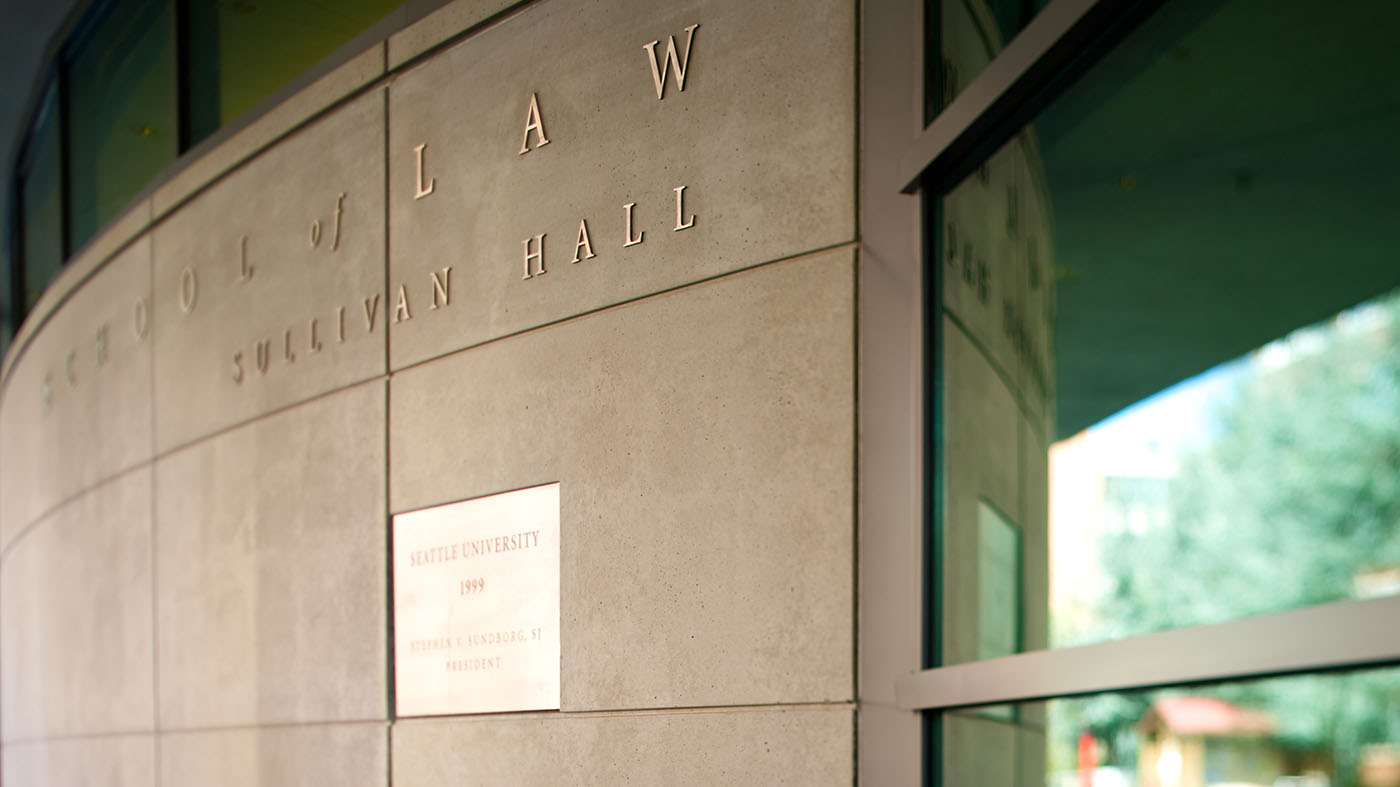Beginning this summer, Angela P. Harris, a nationally acclaimed legal scholar and thought leader, will become a distinguished professor at Seattle University School of Law. An academic who researches and writes regularly on topics including critical legal theory, law and political economy, and climate justice, Harris was most recently a distinguished professor of law at the University of California, Davis School of Law who retired in 2017 with emerita status.
“We are thrilled. Professor Harris is one of the nation’s foremost legal experts, with a brilliant mind who is focused on some of the most important and pressing legal issues of the day. I am looking forward to the ways in which she will contribute to the intellectual life of Seattle U Law, as well as to national discourse on some of the most significant challenges that our country faces,” said Dean Anthony E. Varona.
-(1).jpg)
“I’m excited to join the faculty here. Because I have known and admired several faculty members for years, I feel like this is a great fit, given the work I want to focus on and Seattle U Law’s focus on social justice and fairness. I have also found it an enriching experience to interact with Jesuit law schools because of the way they infuse ethics into everything they do,” Harris said.
With respect to critical race theory, a goal of Harris’s is to “protect and further the critical discourse around race and other forms of oppression in this perilous time when free speech and academic freedom is threatened, in order to preserve space for debate and the robust exchange of ideas.”
“I want to make sure everyone has access to our history of racism and colonialism. We can’t make sound policy without understanding the sins in our nation’s past and present,” she added.
Harris is also an advocate for climate justice – part of her scholarly interest in economic and social justice as well as ecological resilience – and she is part of a network of people working on a just transition to a sustainable and fair economy by considering the social inequities that may come with this transition.
“The countries at the precipice of climate destruction – many of which have significant Black, Brown, and Indigenous communities – are those that have done the least to cause this calamity,” she said. “Lawyers can play a crucial role in protecting what we have and creating new structures and processes to lead us forward to a better future.”
Harris earned a JD and a master’s degree in social theory from the University of Chicago, and a bachelor’s degree from the University of Michigan. After graduating from law school, she clerked for Judge Joel M. Flaum on the Seventh Circuit Court of Appeals. This was followed by a stint with a San Francisco-based law firm, Morrison & Foerster.
Harris then transitioned to a career in legal academia, which began at the University of California Berkeley School of Law, where she was a founder of the Thelton E. Henderson Center for Social Justice. For two years, she served as vice dean of research and faculty development at the University at Buffalo School of Law, in addition to serving as a visiting professor at Stanford, Yale, and Georgetown law schools.
Harris played an active role in the founding of LatCrit, Inc. and ClassCrits, Inc., two organizations that regularly host conferences and publish symposia for legal academics and others who write from a critical perspective on issues of race, gender, ethnicity, sexuality, and class. She is the founder and co-editor-in-chief of the Journal of Law and Political Economy, a peer-reviewed journal that provides a forum for scholars to infuse legal analysis with an understanding of political and economic systems -- and vice versa.
The author of many influential articles and essays on critical legal theory, Harris has also co-written several casebooks, including “Criminal Law: Cases and Materials”; “Race and Races: Cases and Materials for a Diverse America”; “Gender and Law”; and “Economic Justice.” She is also a co-editor of “Presumed Incompetent: The Intersections of Race and Class for Women in Academia,” a well-received anthology focused on the experiences of faculty and graduate students who are women of color.
Harris has been recognized for her mentorship of students and junior faculty, including receiving the 2008 Clyde Ferguson Award from the Minority Section of the Association of American Law Schools.

